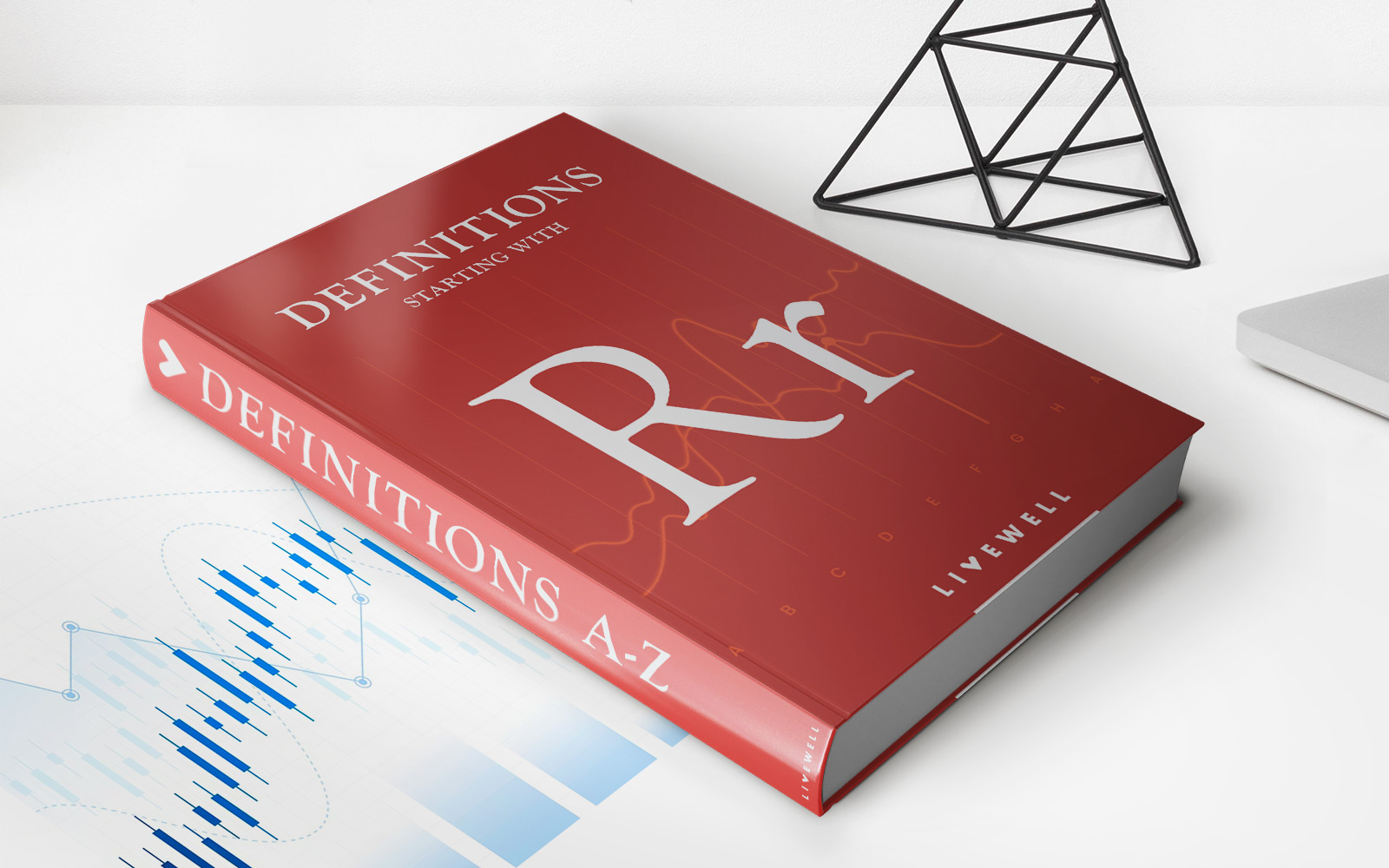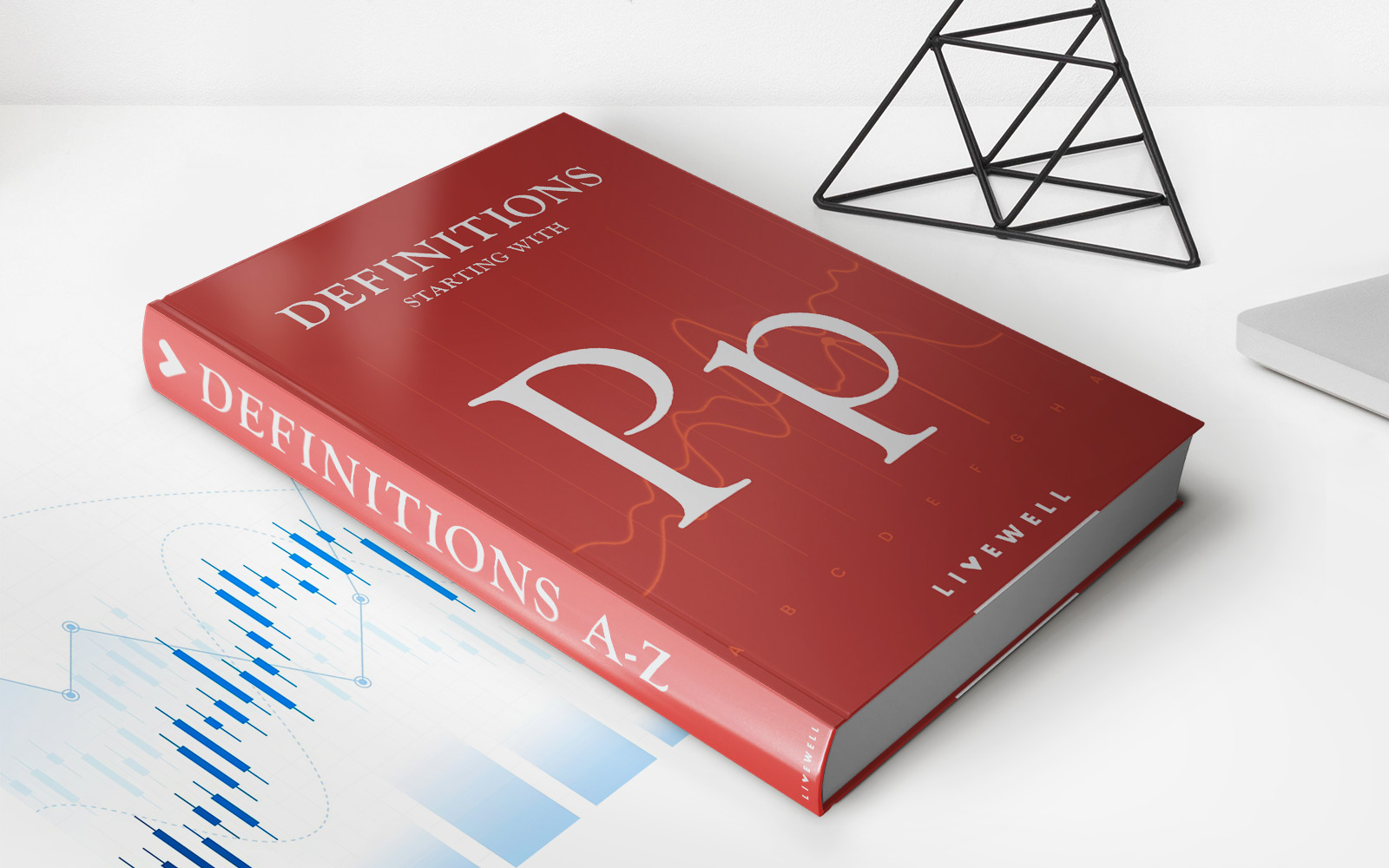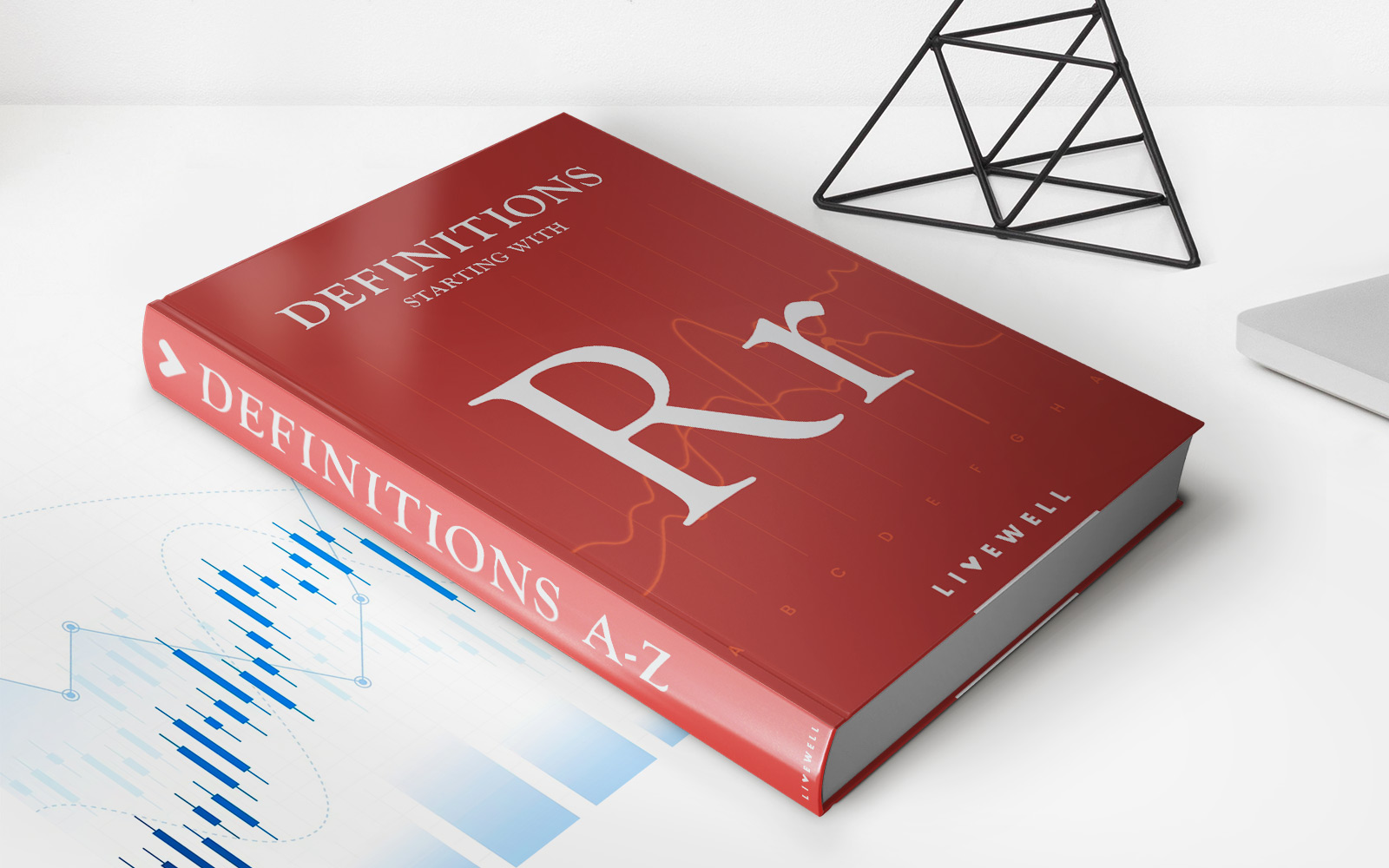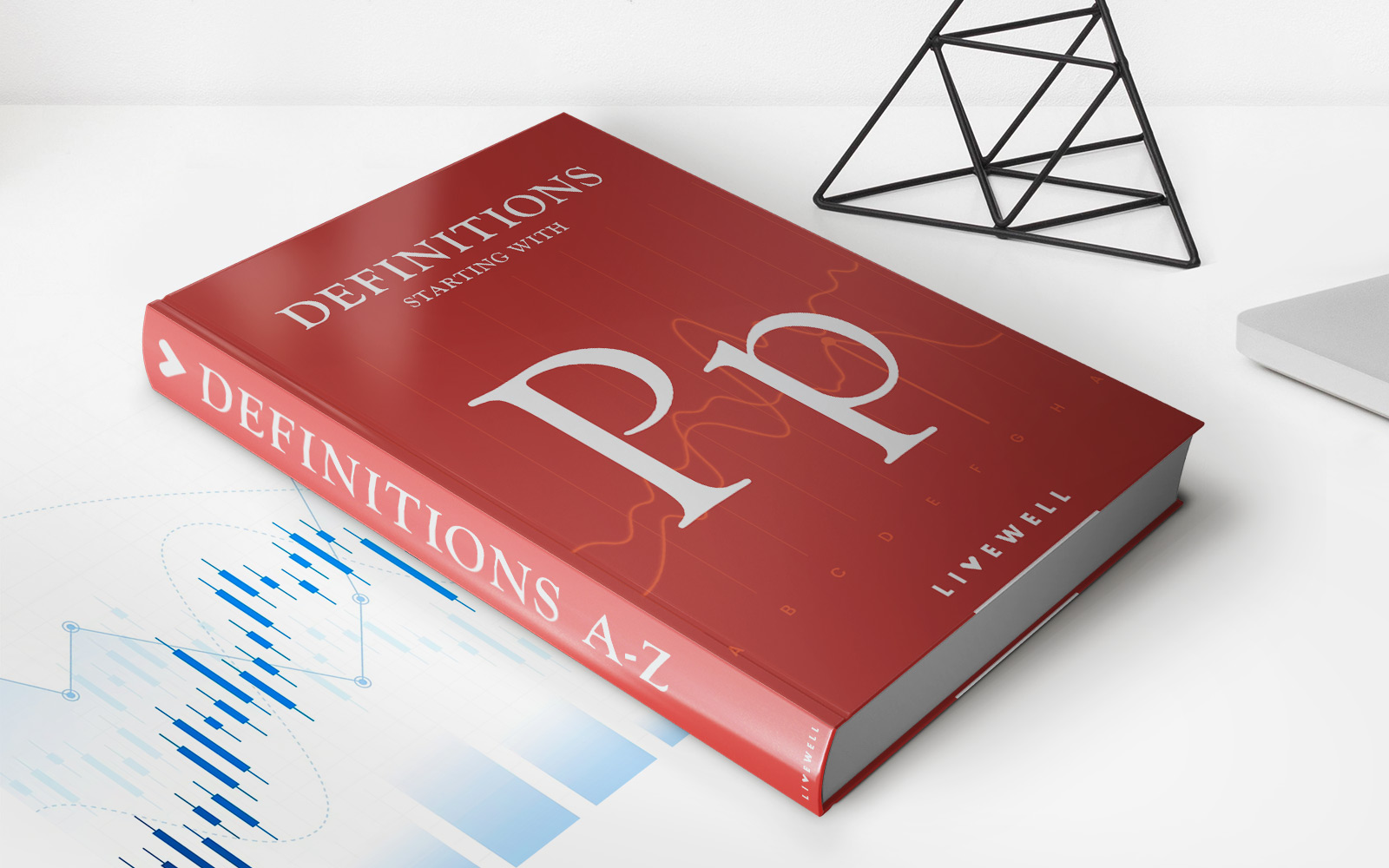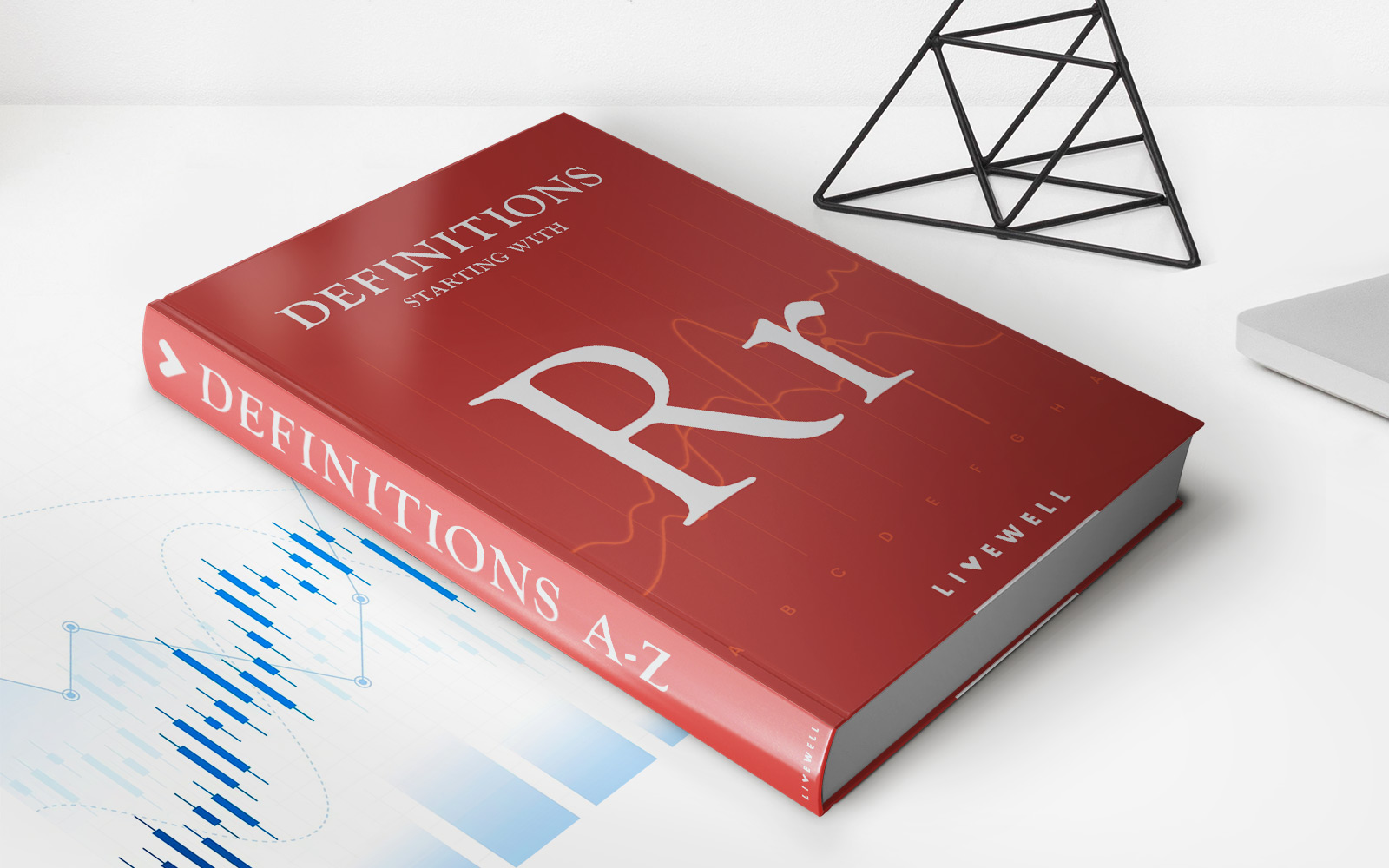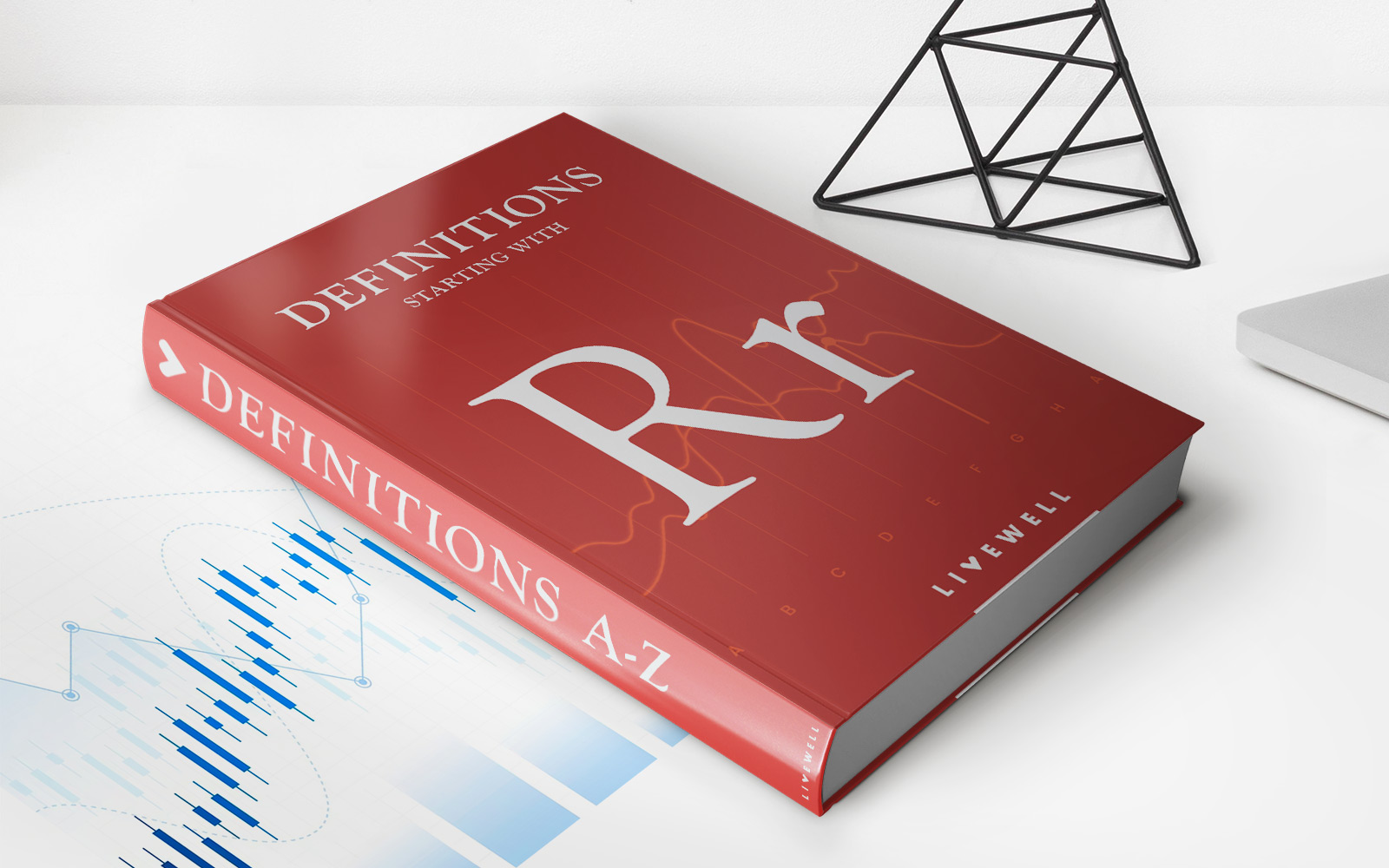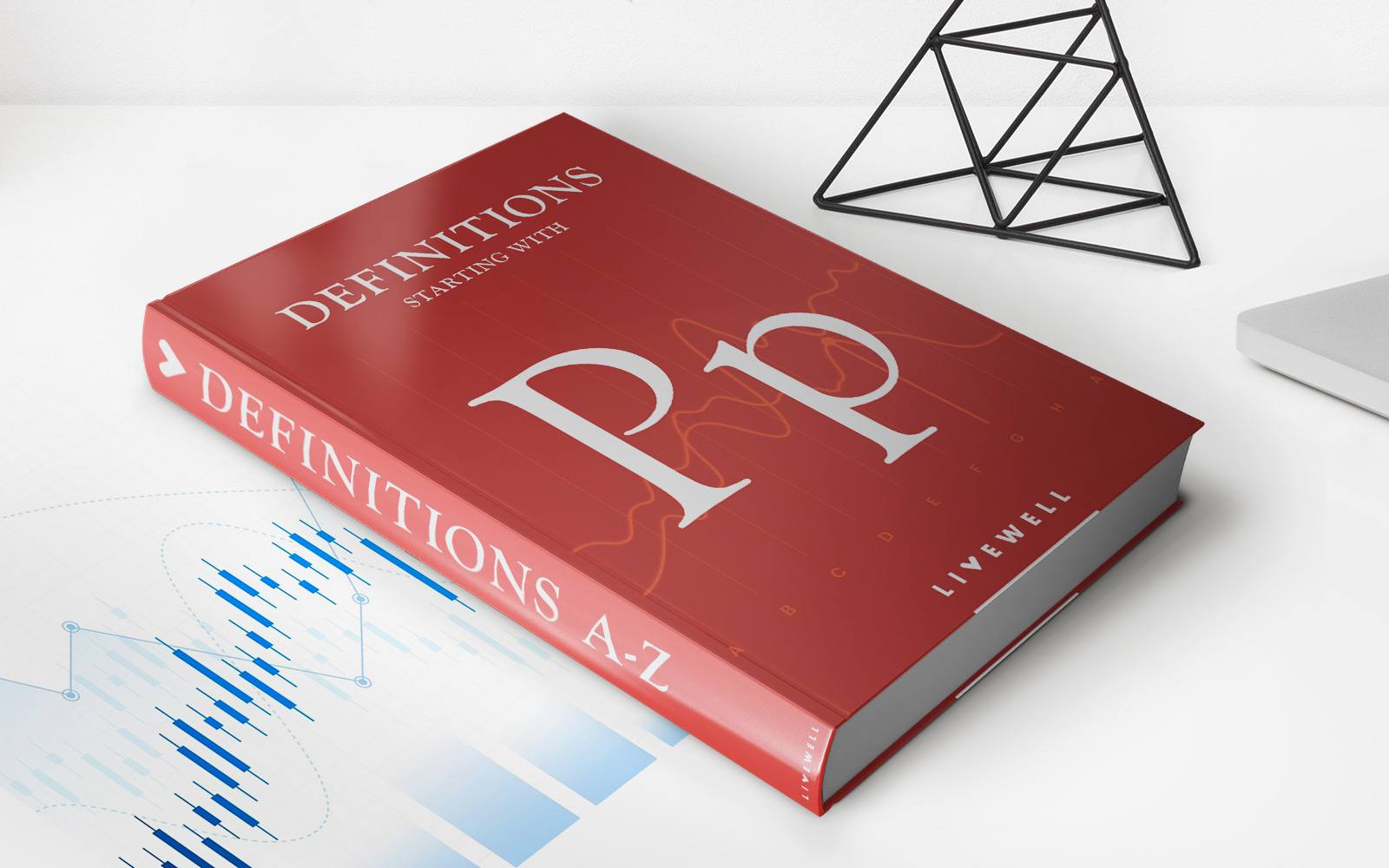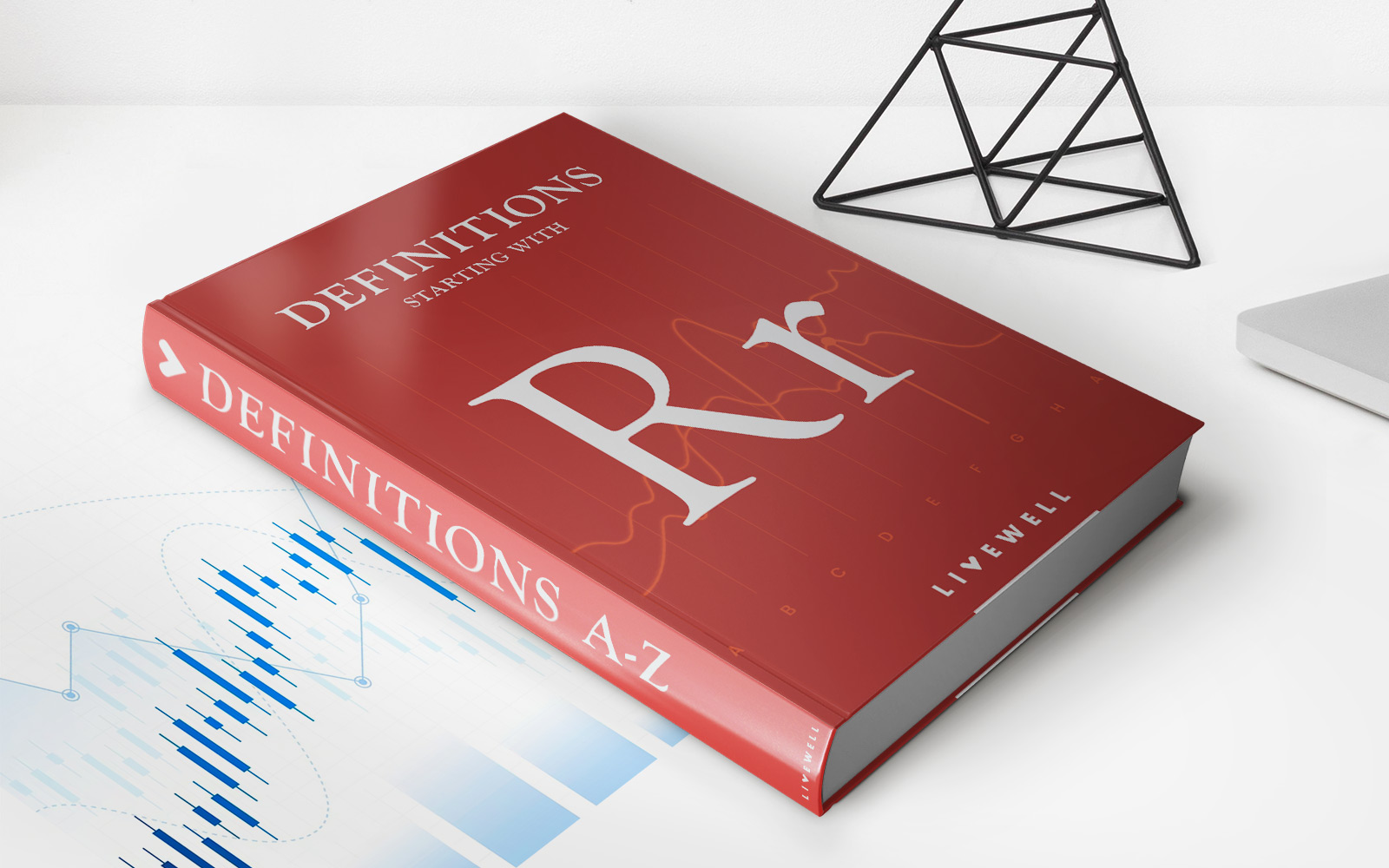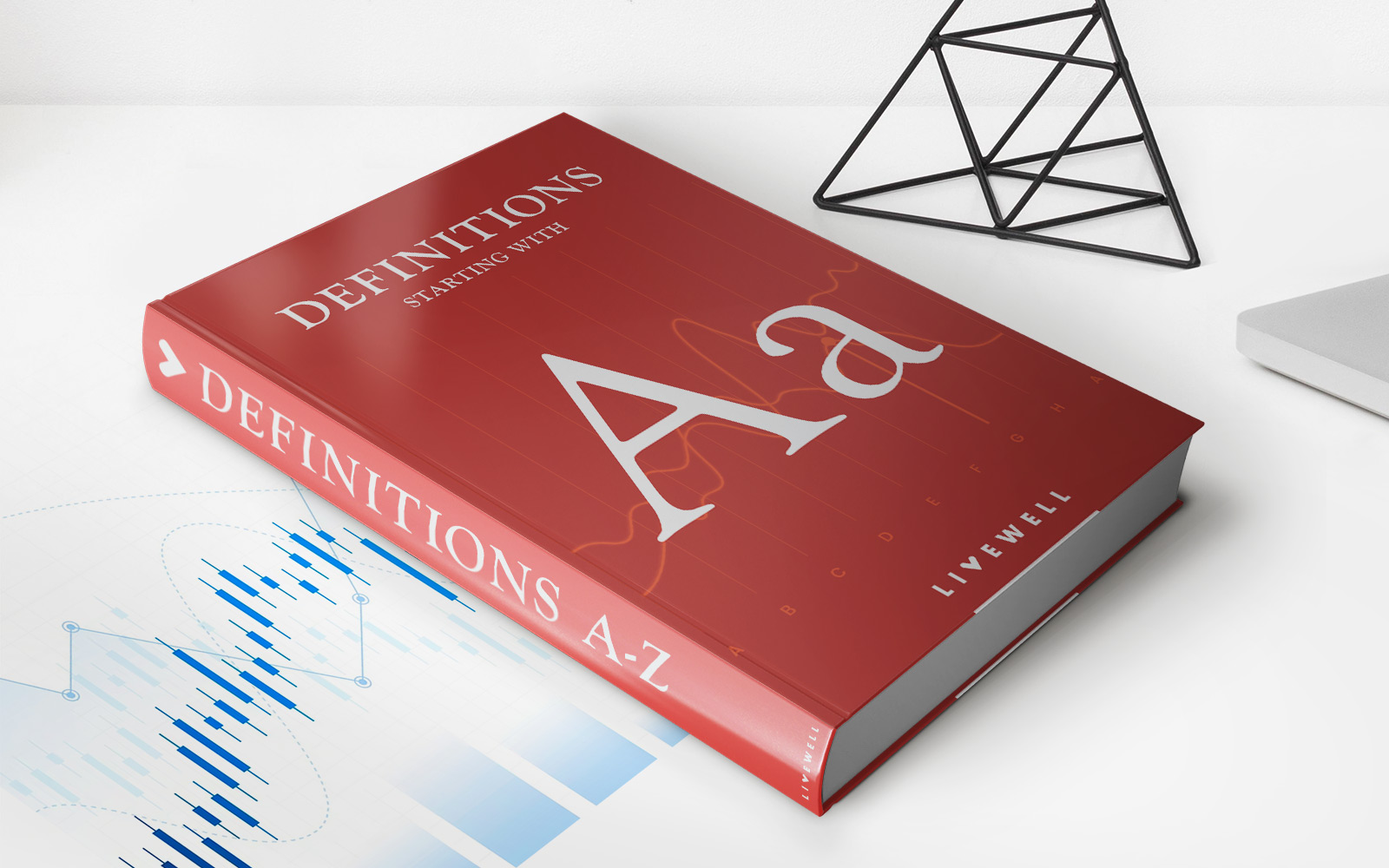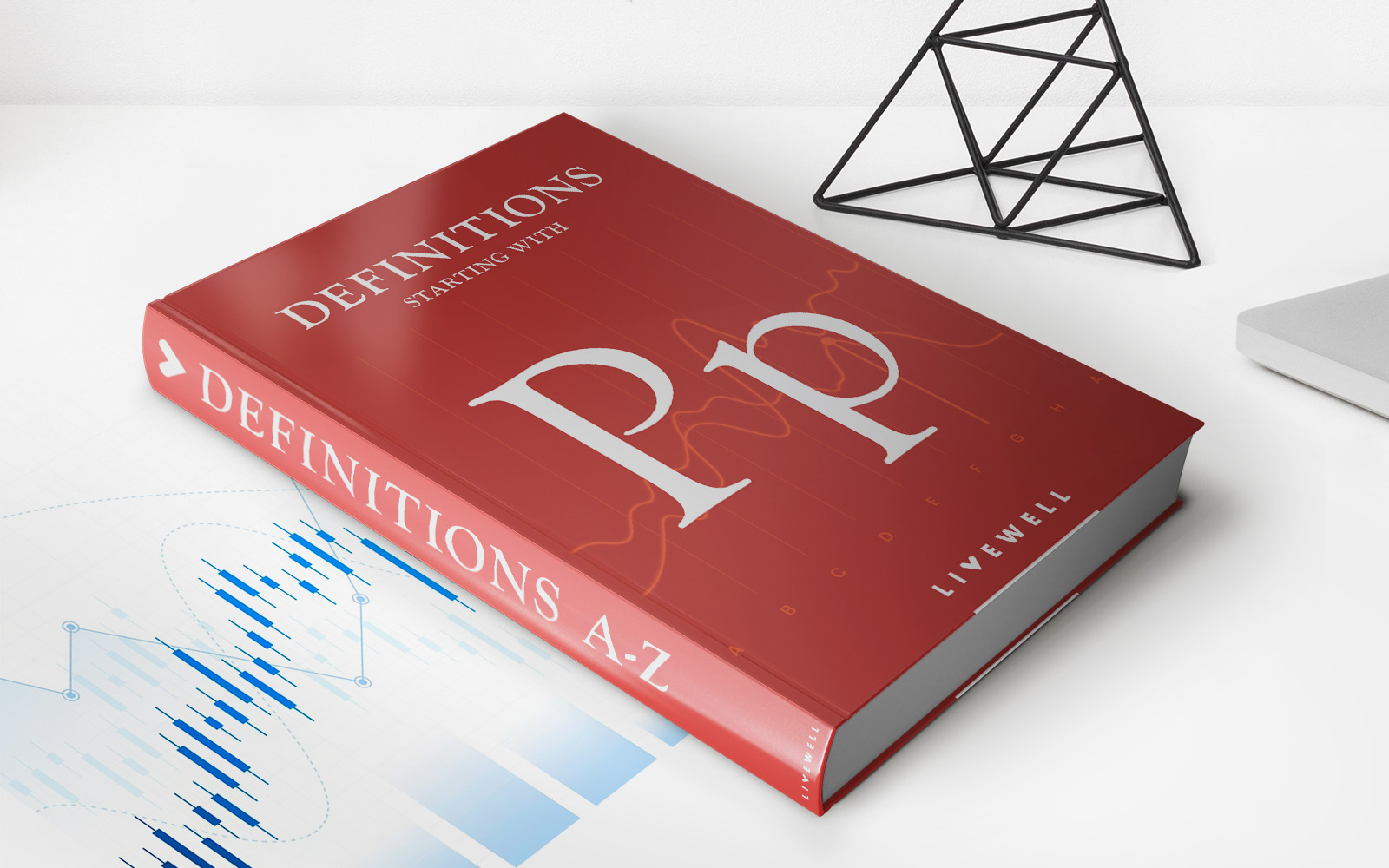

Finance
Primary Regulator Definition
Published: January 11, 2024
Discover the meaning of primary regulator in the world of finance. Gain insights into the role and importance of primary regulators in maintaining financial stability.
(Many of the links in this article redirect to a specific reviewed product. Your purchase of these products through affiliate links helps to generate commission for LiveWell, at no extra cost. Learn more)
Primary Regulator Definition: A Guide to Understanding Regulatory Authorities
When it comes to the world of finance, regulations play a crucial role in maintaining order and protecting the interests of both consumers and industry participants. In order to ensure compliance, financial institutions must adhere to the guidelines set by regulatory authorities. One important concept to understand in this realm is the primary regulator definition. In this blog post, we will provide a comprehensive guide to help you gain a clear understanding of what primary regulators are and how they function in the finance industry.
Key Takeaways:
- Primary regulators are governmental or non-governmental organizations responsible for overseeing and enforcing regulations within a specific sector of the financial industry.
- They play a crucial role in maintaining transparency, stability, and fairness in the financial markets.
What is a Primary Regulator?
Before we dig deeper into the primary regulator definition, let’s first answer a fundamental question: What exactly is a primary regulator? In simple terms, a primary regulator is a governmental or non-governmental organization that holds the primary responsibility for overseeing and enforcing regulations within a specific sector of the financial industry. These regulators are tasked with protecting the interests of both consumers and industry participants by ensuring compliance with applicable laws and regulations. They aim to maintain transparency, stability, and fairness in the financial markets.
Examples of Primary Regulators
In order to understand the concept of primary regulators more clearly, let’s take a look at some examples:
- Securities and Exchange Commission (SEC): The SEC is a primary regulator in the United States responsible for overseeing and regulating the securities industry. It enforces regulations designed to protect investors, maintain fair and efficient markets, and facilitate capital formation.
- Financial Conduct Authority (FCA): The FCA is the primary regulator of financial services in the United Kingdom. It regulates and supervises financial markets, firms, and individuals to ensure the integrity and transparency of the UK’s financial system.
- European Central Bank (ECB): The ECB is the primary regulator of monetary policy within the Eurozone, responsible for maintaining price stability and ensuring the proper functioning of the region’s financial markets.
The Role of Primary Regulators
Primary regulators play a crucial role in the finance industry. Below are some of the key responsibilities they undertake:
- Setting Regulations: Primary regulators establish and enforce regulations governing various aspects of the financial industry. These regulations may include rules for reporting financial information, capital requirements, consumer protection, and more.
- Oversight and Supervision: Regulators monitor financial institutions to ensure compliance with the established regulations. They conduct regular audits, inspections, and examinations to detect any potential violations or risks.
- Enforcement: Regulators have the authority to take legal action against individuals or entities that fail to comply with the regulations. This may involve fines, penalties, or even revoking licenses or permits.
- Educating and Informing: Primary regulators also have a role in educating consumers and industry participants about the regulations and their rights and responsibilities. They provide resources, guidance, and information to promote awareness and understanding of financial regulations.
- Adapting to Change: In a rapidly evolving financial landscape, primary regulators must stay ahead and adapt to new challenges, emerging technologies, and evolving market trends. They constantly revise and update regulations to address emerging issues and foster innovation while maintaining stability.
Conclusion
Understanding the primary regulator definition is crucial for individuals and organizations involved in the finance industry. Primary regulators play a vital role in maintaining order, stability, and fairness in financial markets. By setting regulations, overseeing compliance, and taking enforcement actions, they ensure that consumers and industry participants are protected, and the integrity of the financial system is maintained. Stay informed about the primary regulators in your industry and keep a watchful eye on any regulatory changes that may affect you.

